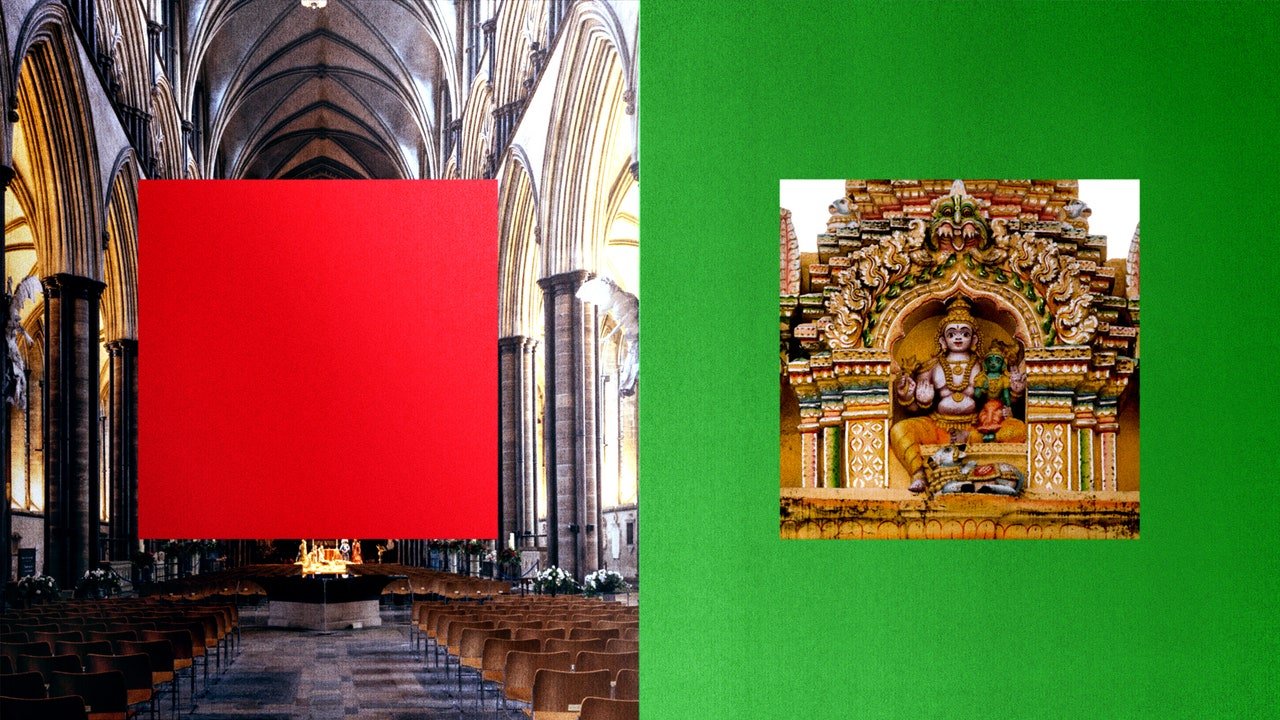ChatGPT’s AI-Powered Chatbot Becomes a Target in India’s Growing Culture Wars
Hindu nationalism has been the dominant force in Indian politics for the past decade. The government of Narendra Modi, a right-wing populist leader, often mixes religion and politics and has used accusations of anti-Hindu bigotry to dismiss criticism of its government and the prime minister.
In January, the government invoked emergency powers to restrict distribution of a BBC documentary entitled India: The Modi Question, which examined Modi’s role in the 2002 riots in Gujarat – where he was prime minister. These riots resulted in the deaths of more than 1,000 people, most of them Muslims. Twitter and YouTube were ordered to remove clips from the documentary.
Emboldened by the government’s stance, right-wing commentators are quick to note that India’s Hindu majority faces constant threats and discrimination.
“The commentators are doing their job, which is to foment communal problems in the country under any stupid pretense,” says Hartosh Singh Bal, editor-in-chief at The Caravan, a political and cultural magazine. “Not only does the government drive the narrative, but these commentators create their own environment around them … They feed on such controversies because it keeps them relevant and gives them some meaning.”
“The discourse in India is out of whack,” says Aakar Patel, a journalist and former head of Amnesty International’s India office, adding that there is no logic to what is being dragged into the culture war.
So far, there have been no official calls to ban ChatGPT and the government has not commented on the controversy, but companies caught up in these political firestorms face consequences, making some potential users nervous.
“A majority of my buyers are Hindus. I don’t know their love or hate for science, but I wouldn’t risk insulting them with controversial software,” says Zaid, a Delhi-based entrepreneur who asked to be called by his first name, only for backlash of customers to avoid . He added that “there’s no way he’s going to use anything like ChatGPT for his online business.”
In 2020, a jewelry company called Tanishq became the focus of an online protest campaign after it published an ad depicting a mixed-faith family. Radical Hindu groups called for a boycott, and the company withdrew the ad. In 2021, clothing and lifestyle company Fabindia promoted a range of garments for the Hindu festival of Diwali using an Urdu phrase (a language primarily associated with Muslims in India and Pakistan). Within hours, #boycottFabindia was trending on Twitter. The brand relented, removed the ad and rebranded the clothing line.
Source: www.wired.co.uk
Don’t miss interesting posts on Famousbio










